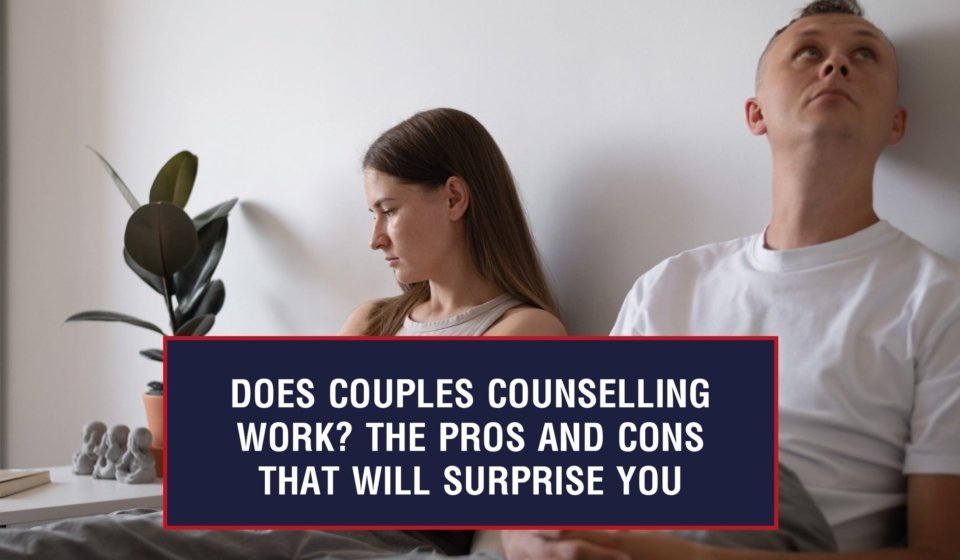How do you manage your anxiety?
One day, John Wesley was walking with a man who was very anxious about all the problems he was experiencing and expressed his doubts about the goodness of God. He said, “I don’t know what I am going to do with all these worries that cause me so much anxiety.”
While walking, Wesley saw a cow peering over a stone wall. “Do you know why that cow is looking over the wall?” Wesley asked.
“No,” said the man who was concerned.
Wesley said: “The cow is looking over the wall because she cannot see through it. That is what you should do with your wall of problems that fills you with anxiety: look over the wall and avoid it.”
The cure for anxiety
Faith allows us to look beyond our circumstances and focus on Christ. In this post, I want to continue developing on the topic of anxiety amid the pandemic. The question I intend to answer today is this: is there a cure for anxiety?
Many times, when I see patients who have anxiety disorders, I ask them: what is your goal when coming to therapy? They answer: “I want to eliminate my anxiety, I cannot bear it.” My answer is: “We cannot do that.” Seeing the look of disbelief they give me when I give them that answer is interesting.
Then, I try to explain to them that we cannot eliminate anxiety because it is a natural reaction to the stress we are facing in life. Anxiety is a part of our internal defense system. It protects us from danger. God created us with the ability to experience anxiety and the rest of the positive and negative emotions so that we can navigate this world.
Fear promotes a cascade of nervous and hormonal mechanisms that prepare the body to escape or fight. Those anxiety symptoms you experience result from the activation of your automatic nervous system, which is included in a part of the brain that is in charge of secreting adrenaline when you experience any kind of threat. Adrenaline allows your body to be ready to respond when facing danger, in case you need to act before the threat.
COVID-19 pandemic and anxiety
As a result of this adrenaline secretion, you experience increased heart rate and breathing, as well as muscle tension, making your body ready to answer before the danger. When there is no apparent threat, these changes are often experienced as agitation or anxiety. That is why, amid the COVID-19 pandemic, it is normal for our automatic nervous system to be activated. And this causes adrenaline secretion because you feel threatened.
Your brain normally tries to make sense of what you are experiencing in your daily life. However, if you do not take control of this process, and instead of acting, you let your brain reach its own conclusions, you can develop irrational fears before any kind of crisis.
I will try to illustrate this idea this way: If a baby is startled, let’s say by a loud noise while playing with his favorite toy, what do you think his natural reaction is going to be? Crying. However, crying, itself, can be stressful for the baby, reinforcing the fear he/she is experiencing. Not understanding that fear is just a reaction to the loud noise the toy makes, the baby gets to relate the fear he/she feels to the toy and ends up developing a fear of the toy that produces the noise.
What happens inside you?
The same goes for your anxiety amid the COVID-19 crisis. You are startled by the fear of contracting the coronavirus. Your natural reaction is to experience fear, to be afraid, and to feel anxious in the face of danger. But this anxiety and despair you experience, at the same time, reinforces your fear of COVID-19. You end up associating your fear with the pandemic without looking at the triggers that lead you to experience anxiety.
In the previous post, we started to see anxiety as a messenger that should not be eliminated. Emotions exist to give us information about our experiences and about what matters in our lives. Sadly, many people with anxiety try to ignore their emotions because some of them are unpleasant and even painful. However, the Bible gives us a more effective strategy and tells us in Philippians 4:6, “Do not be anxious about anything, but in every situation, by prayer and petition, present your requests to God.”
What Paul is telling you is not to try to fight the messenger, your anxiety. Accept it and tolerate it because the message it wants to give you is more important than the temporary discontent you might experience. Instead of grieving over your anxiety, focus on trusting God and placing your concern in prayer before Him.
Even when you do not know the emotional triggers that lead you to experience anxiety, just trying to tolerate and manage anxiety symptoms will help you process the experience you are dealing with more effectively. Paul ends by saying in Philippians 4:7 “And the peace of God, which transcends all understanding, will guard your hearts and your minds in Christ Jesus.” (DHH)
Three strategies to manage your anxiety
We can compare anxiety with trying to tolerate chronic pain. The more you demand that you get rid of chronic pain, the more it will frustrate, irritate you, and intensify. However, when you accept pain as irritating, but not as something to get rid of, its control tends to decrease and even the intensity of the pain itself may decrease or become less noticeable.
The same goes for anxiety. Demanding that anxiety be removed only makes it less tolerable. It becomes a bigger presence in your life and all your focus is poured into your anxiety. The more you focus on it, the more power it has in your life. So, the advice is “do not worry about anything.”
Stop avoiding it
A conscious approach to managing anxiety is learning to “let it be.” You do not have to get rid of it. When anxiety demands your attention, you can refocus, very gently, on your current activity and place your concerns in God’s hands. The apostle Peter presents it this way: Humble yourselves, therefore, under God’s mighty hand, that He may lift you in due time, 7 cast all your anxiety on Him because He cares for you. (1 Pe. 5:6-7)
Schedule your concerns
If the first strategy does not work, maybe you could try this second strategy to manage your anxiety. When your mind is racing and anxious, you feel overwhelmed. And you cannot seem to focus, find a time to be in silence. Set an alarm that goes off in 15 minutes, and then write everything that troubles you in your emotional journal.
Specifically, during this COVID-19 crisis, try to set aside a specific amount of time each day to record your concerns in an emotional journal. Simply having this time each day can help you control your concerns. You know that you will have time to pay attention to your concerns without turning them into an intolerable burden.
Create your anxiety box
Find a shoebox and cut a hole in the top. Decorate it as you want and keep it in a practical place. Then, when Satan starts pushing you to worry, write down your concern. Glorify God and pray, saying:
“Lord, this is what worries me. But you told me not to worry. So, I am going to put this concern inside my box, admitting that I cannot handle it. This means that it is for You to handle, and I trust You to take care of it.”
With this exercise, I am not telling you that all your problems will disappear if you put them in an anxiety box. But when you learn to replace concern with prayer and faith instead, things will be better. God will open an umbrella covering you in the middle of the storm to prevent you from getting wet. And He will give you peace that is beyond all understanding.
Faith allows us to look beyond our circumstances and focus on Christ. Today is your day to start walking like a giant in Christ, Jesus. You have problems and difficulties. We all have them. We know what you are going through in the middle of this pandemic. But together we can learn how to manage our anxiety and have the Peace that Jesus promises. A peace that passes all understanding. I would like you to write to me and tell me how God is helping you to manage your anxiety. And if you are using a different exercise than the ones I present here, let me know













